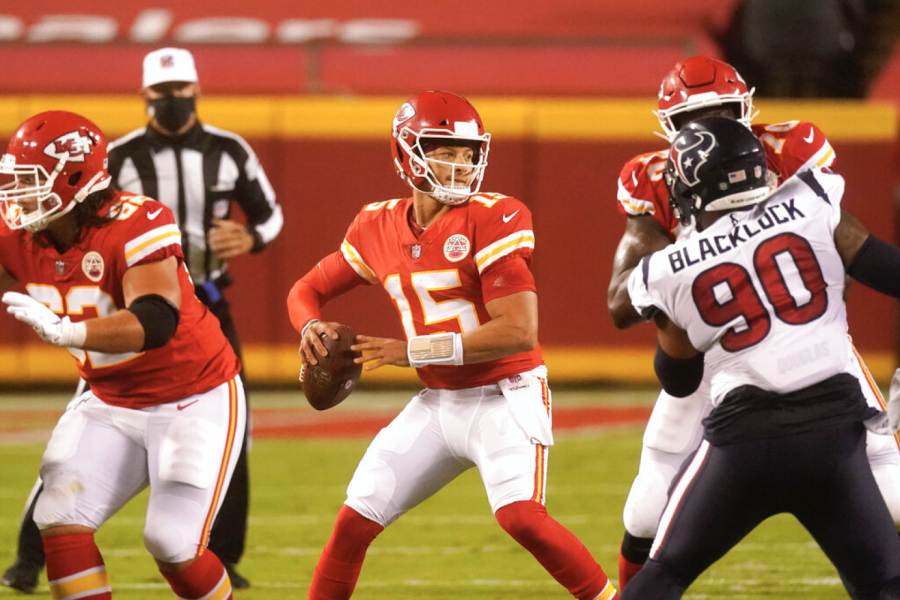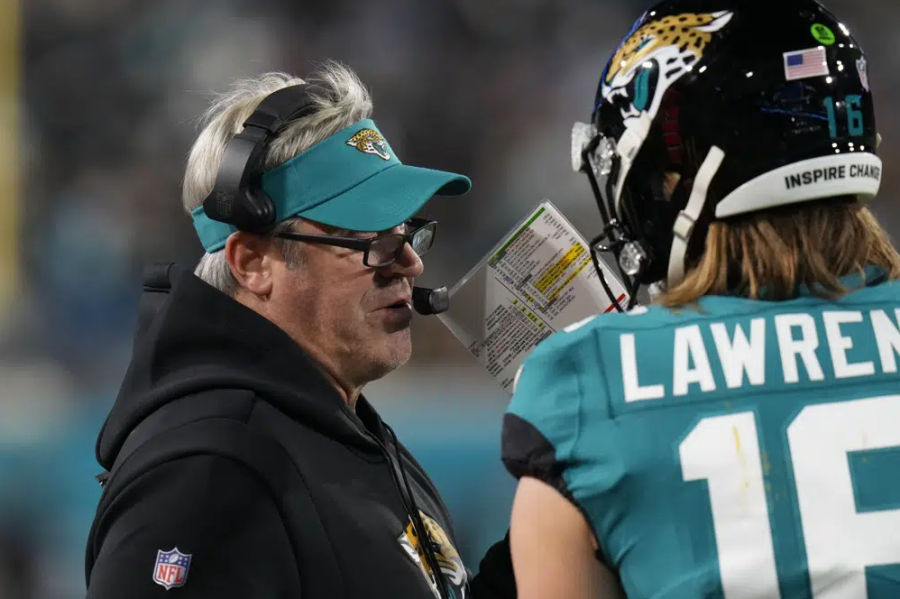Like most college students around the country, students from Harvard and Yale came together to watch their respective schools battle it out on the gridiron. This matchup is one of the most important games of the season for both schools and one of the country’s longest standing college football rivalries.
With the game heading into halftime, climate activists stormed the field armed with signs and chants to demand action against climate change. The protest caused a 40 minute delay and seemed to do nothing, but cause many fans and players to be upset about the disruption of this great tradition.
Protests like these have not been uncommon in the past year and they do not seem to be coming to an end anytime soon; despite the fact that the United States is the leader in reducing its carbon emissions in the developed world. Even with the lack of scientific evidence that man-made climate change can be resolved by any one government initiative or policy, Democratic candidates for 2020 are making promises they know they can’t keep.
As an issue that has primarily seen a large rise in popularity on college campuses, one would hope that students at our nation’s “elite academic institutions” would be able to strategically plan a protest that actually helped their cause.
Football is arguably one of the most unifying aspects of being a part of the American university system and is also a huge revenue producer for schools. Saturday’s have been an escape for students who have spent his or her entire week in class or working. Attempting to persuade fans by disrupting an event that unifies a campus is counterproductive.
One student expressed his disgust with the protest during his appearance on a morning news show by saying that “these protesters decided that their version of empty activism for this weekend was going to go sit in the middle of the field, during the game, right in the middle of it, wasting everybody’s time.” This student was not the only fan that held this view and even the Ivy League made a statement saying that the protest was “regrettable.”
Statements like these bring to light how ineffective and unlikeable the event was in the eyes of those watching the game. If these protesters actually wanted to persuade the crowd, wouldn’t they use all of the intelligence and hard work they had to use to get into these prestigious universities?
Instead, they chose to capture the media’s attention and ruin what was supposed to be a fun day for everyone else. If their goal was to actually change some minds, they would have organized a protest outside of the Chinese or Indian embassy (two of the world’s largest carbon emitters). These diplomats actually have a say in creating policy that could positively affect the environment, unlike a bunch of fans who just want to eat some hotdogs and have a good time.
In the end, they accomplished nothing other than leaving a bad taste in the mouths of many alumni and college football fans around the country. All that disruption for a cause that has been fed to them by the left wing media and the Democratic candidates. The climate talking point has been essential to the party’s platform in recent years and it didn’t gain a lot of traction when they called it “global warming,” so maybe “climate change” will be a more enticing term in 2020, but probably not.
__
For more information or news tips, or if you see an error in this story or have any compliments or concerns, contact editor@unfspinnaker.com.















